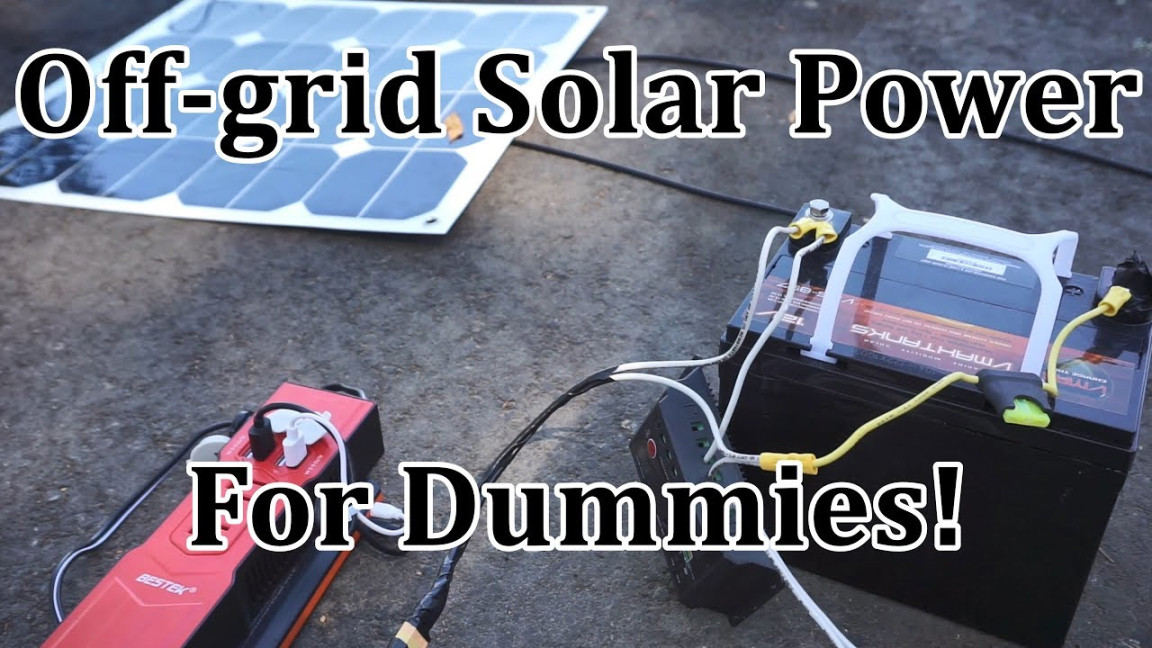Introduction
So, you’re dreaming of ditching the grid and embracing self-sufficiency? That’s awesome! Going off-grid means harnessing the power of nature to fuel your home. It’s a big step, but with the right knowledge, it can be a rewarding journey. Let’s break down the essentials of off-grid power in plain English.
Lighting: Shining Bright Without the Grid

Good lighting is crucial, even off-grid. Here are your main options:
Solar lights: These are rechargeable and perfect for outdoor areas. They come in various styles, from garden lights to path lights.
Color: Creating a Cozy Off-Grid Atmosphere
Color can significantly impact your off-grid living space. Light colors reflect natural light, making your home feel brighter. Darker shades can create a cozy ambiance. Consider these tips:
Use light colors on walls and ceilings to maximize natural light.
Furniture: Comfort Meets Functionality
Off-grid living doesn’t mean sacrificing comfort. Look for furniture that’s:
Multifunctional: Pieces that serve multiple purposes, like a storage ottoman or a sofa bed, save space.
Materials: Sustainable Choices
When selecting materials for your off-grid home, prioritize sustainability:
Recycled materials: Give new life to old items and reduce your environmental impact.
Accessories: Practical and Stylish
Accessories can enhance your off-grid experience:
Solar-powered chargers: Keep your devices topped up without draining your battery bank.
Layout: Maximizing Space and Sunlight
Your home’s layout is crucial for efficient energy use:
Orient your home to maximize sunlight for passive heating.
View: Enjoying Your Surroundings
One of the best aspects of off-grid living is the connection to nature. Make the most of your views:
Large windows: Let in natural light and frame your outdoor scenery.
Conclusion
Embracing off-grid living is a journey towards self-sufficiency and harmony with nature. By carefully considering lighting, color, furniture, materials, accessories, layout, and your view, you can create a comfortable and sustainable home. Remember, it’s about finding the right balance between your needs and the resources available to you.
FAQs
How much does it cost to go off-grid?
The cost varies greatly depending on your location, energy needs, and the scale of your system.
Challenges include reliance on weather conditions for energy, limited access to amenities, and potential for increased maintenance.
Yes, but you’ll likely need to downsize or choose energy-efficient models.
Having a backup plan, such as a generator or extra batteries, is essential.
Check local regulations and zoning laws before starting your project.